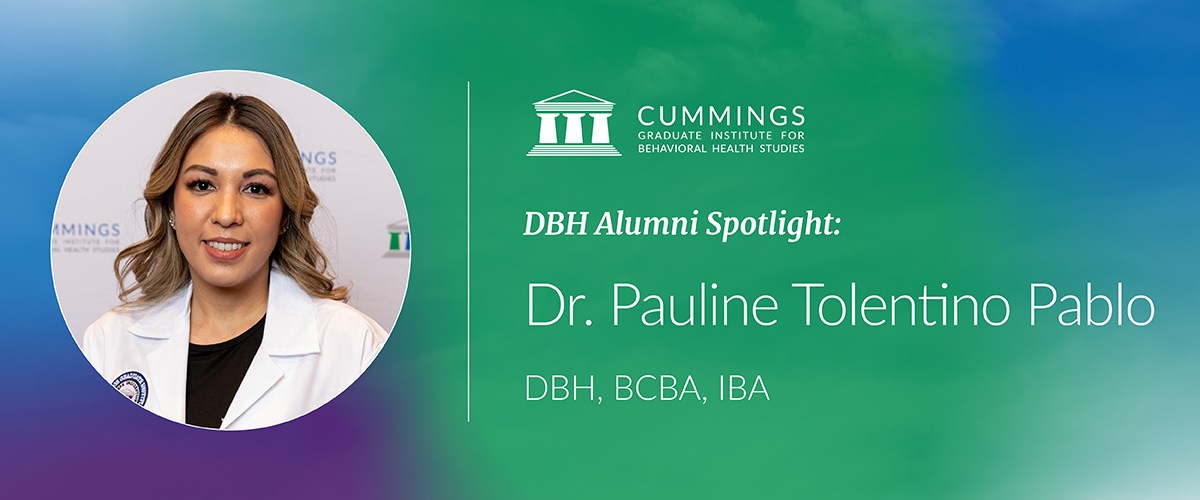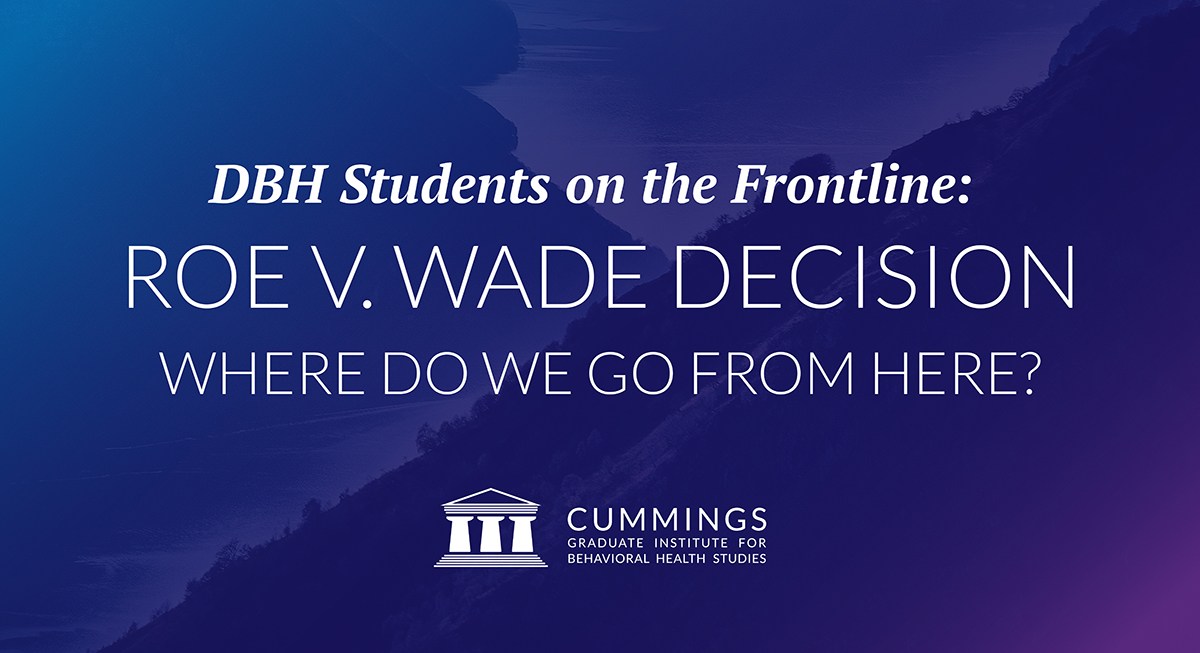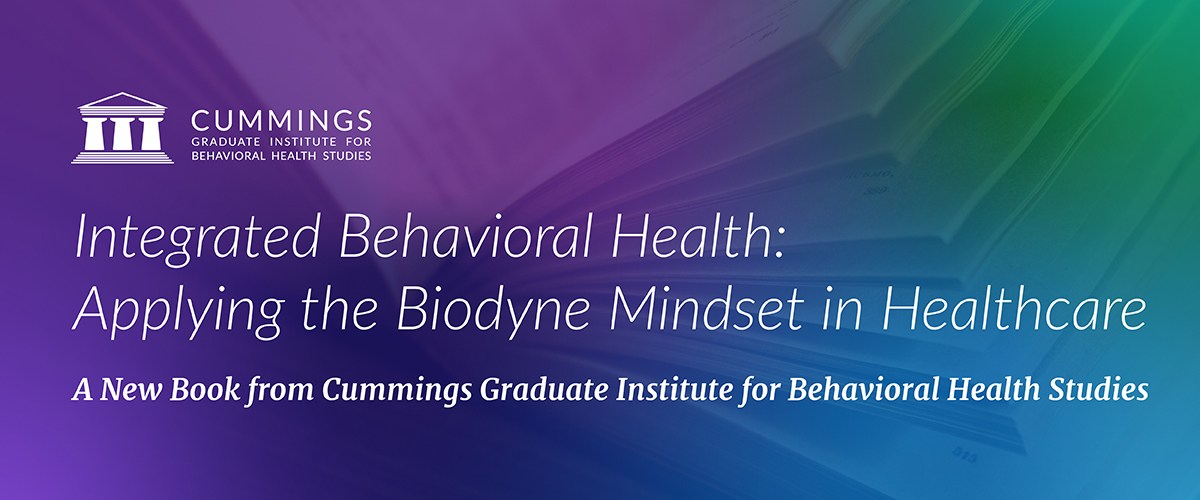 From Barriers to Bridges: Dr. Pauline Tolentino Pablo on Advocacy, Inclusion, and Leadership
From Barriers to Bridges: Dr. Pauline Tolentino Pablo on Advocacy, Inclusion, and Leadership
January 21, 2025
Dr. Pauline Tolentino Pablo, a Doctor of Behavioral Health and Board Certified Behavior Analyst, has dedicated nearly two decades to providing compassionate, evidence-based support for individuals with developmental disabilities. As a mother, wife, and healthcare advocate, her commitment to this field is both professional and deeply personal—shaped by her sister’s experience with cerebral palsy. Holding a Bachelor of Arts in Psychology and a Master of Arts in Teaching with a specialization in Applied Behavior Analysis, Dr. Pablo further advanced her expertise by earning her Doctor of Behavioral Health (DBH) degree from Cummings Graduate Institute for Behavioral Health Studies (CGI). The DBH program has equipped her with a human-centered, trauma-informed, and integrated approach to care. As the co-owner of Symphony Behavioral Health Inc., a neurodiversity-affirming ABA organization, Dr. Pablo is dedicated to supporting individuals with developmental disabilities throughout their lifespan. Her passion for advocacy extends beyond her practice—she is also a co-founder of the Asian Pacific Islanders Association for Behavior Analysis (APIABA), a non-profit organization committed to expanding access to ABA services within API communities and fostering greater diversity in the field. Driven by the belief that everyone deserves access to care that upholds dignity and autonomy, she continues to champion inclusive, high-quality behavioral health services for all. In this interview, Dr. Pablo reflects on her transformative DBH journey and how it has shaped her career, fueling her passion for advocacy, diversity, and supporting individuals with special needs.
How has the DBH program transformed your understanding of behavioral health and influenced your career?

Prior to obtaining my DBH, I practiced behavioral health within the boundaries of behavior analysis. The DBH degree has given me the ability to broaden my scope of competence allowing me to provide a higher quality of care to my clients through a person-centered approach, while still staying within my scope of practice. I was in the beginning stages of opening my business when I enrolled in the DBH program which set my trajectory towards being a stronger leader. The program equipped me with essential healthcare leadership and entrepreneurial skills, allowing me to ensure high-quality services for my clients and foster a supportive work environment for our staff. It has also given me the confidence to expand my business and pursue other healthcare ventures, reaching a broader range of patients in need.
What innovative approaches or strategies do you believe have the potential to revolutionize the behavioral health landscape?
We live in a technological age where access to communication has significantly improved. Healthcare providers should utilize technological advances towards increasing interdisciplinary collaboration towards a more integrative model of care. We need to recognize that all systems are connected and we can no longer work in silos. The biodyne model provides an innovative approach as it promotes the use of the biopsychosocial model. This model teaches us to recognize that all systems such as healthcare, education, community services, finances, and policy all contribute to our overall healthcare outcomes.
Looking back at your DBH journey, what specific insights or skills have you gained that have been instrumental in your professional development?
Many healthcare professionals have witnessed our healthcare system fail patients and oftentimes, we do not have the knowledge or resources to help them. The DBH program gave me the skills in medical literacy to recognize co-occurring health conditions, identify barriers, conduct research, and provide evidence-based solutions for my clients. I have also gained a stronger understanding of how medical oversight such as diagnostic overshadowing or lack of access to non-pharmacological interventions could be detrimental to health outcomes. This knowledge has strengthened my ability to be a better advocate for my clients.
What are your future career goals within the behavioral health sector and how do you envision the DBH program contributing to your success?
My next goal is to bring life to my culminating project by providing integrated behavioral gerontology services to elderly patients in my community. I envision my DBH degree being an integral part of leading my organization towards disseminating information to stakeholders such as patients, caregivers, nurses, and other elderly care providers who will benefit from our services.
How do you view the role of leadership in advancing behavioral health outcomes, and in what ways has the DBH program prepared you for leadership positions?

As a co-owner and executive clinical director of a growing ABA company, strong leadership skills are essential. The DBH degree has equipped me with the skills to implement quality improvement measures for the benefit of both my clients and employees. The program introduced me to the quintuple aim framework which prompts me as a leader to balance key components of running a healthcare business which are, population health, cost reduction, patient experience, health equity, and provider wellbeing. The DBH degree also emphasizes the importance of professional quality of life (ProQOL) which is influential to why I promote a culture of psychological safety in my organization.
What advice would you give to prospective students or professionals considering the DBH program?
It is extremely rare to find an educational institution that provides both the educational and practical skills to be able to transform healthcare for the better. My advice is to be a sponge and absorb everything you can from your instructors and from the material being taught. I also highly recommend learning from your classmates who have different professional and personal experiences. Learning from the unique perspectives of my classmates provided me with a broader understanding of our current healthcare system. It also gave me a glimpse of the positive impact interdisciplinary collaboration could have on myself and in my work. Lastly, follow your values and know that your doctoral journey is unique to you so give yourself grace.
Dr. Pauline Tolentino Pablo’s journey through the Doctor of Behavioral Health program has not only expanded her expertise but also deepened her commitment to transforming behavioral healthcare. Through her leadership at Symphony Behavioral Health Inc. and her advocacy within APIABA, she continues to champion interdisciplinary collaboration, trauma-informed care, and greater accessibility for underserved communities. With a vision for integrating behavioral gerontology into her practice and a passion for shaping the future of healthcare, Dr. Pablo exemplifies the profound impact that education, advocacy, and leadership can have on the lives of individuals with developmental disabilities. As she looks ahead, she remains dedicated to fostering inclusive, high-quality care and inspiring the next generation of behavioral health professionals.
Connect with Dr. Pauline Tolentino Pablo
Instagram: @integratedbx
Instagram: @symphonybehavior
Symphony Behavioral Health Inc: www.symphonybh.com
Dr. Pauline Tolentino Pablo Shares How the DBH Impacted Her Career
Dr. Pauline Tolentino Pablo Shares How Her Cultural Background has Influenced her Approach to Integrated Care
Learn More About Dr. Pauline Tolentino Pablo’s DBH Culminating Project Research
Dr. Pauline Tolentino’s culminating project, Finding the Silver Lining: Integrating Behavioral Gerontology in Elderly Care Settings, introduces a new program under Symphony Behavioral Health Inc., aimed at integrating behavioral gerontology services into geriatric care settings to improve healthcare outcomes and overall quality of life of elderly adults.
Check Out Dr. Pauline Tolentino Pablo on the Disruptors at Work Podcast
 Disruptors at Work: an Integrated Care Podcast, episode: Revolutionizing Healthcare with Neuroaffirming Practices with Dr. Pauline T. Pablo, DBH, BCBA, IBA; Dr. Patricia Motylewicz, MBA, MS.SpecEd, MS.ABA, DBH, BCBA, QBA, LBA; Dr. Cory Cannady, DBH, BCBA, LBA, and Dr. Valeria Parejo, DBH, BCBA, QBA.
Disruptors at Work: an Integrated Care Podcast, episode: Revolutionizing Healthcare with Neuroaffirming Practices with Dr. Pauline T. Pablo, DBH, BCBA, IBA; Dr. Patricia Motylewicz, MBA, MS.SpecEd, MS.ABA, DBH, BCBA, QBA, LBA; Dr. Cory Cannady, DBH, BCBA, LBA, and Dr. Valeria Parejo, DBH, BCBA, QBA.
 Disruptors at Work: an Integrated Care Podcast, episode: DBH Students on the Frontline: Roe v. Wade Decision – Where do we go from here? with Jeny Rodrigue, LAC, SAP, SAE, Shadiase Jack LCSW-c, Jerrika Henderson, MA, Clinical Mental Health Counseling, Rhea Hill, LPC, CDR Sean K. Bennett, LCSW, MSWAC, BCD, and Pauline Tolentino Pablo, BCBA, IBA.
Disruptors at Work: an Integrated Care Podcast, episode: DBH Students on the Frontline: Roe v. Wade Decision – Where do we go from here? with Jeny Rodrigue, LAC, SAP, SAE, Shadiase Jack LCSW-c, Jerrika Henderson, MA, Clinical Mental Health Counseling, Rhea Hill, LPC, CDR Sean K. Bennett, LCSW, MSWAC, BCD, and Pauline Tolentino Pablo, BCBA, IBA.
Dr. Pauline Tolentino Pablo Contributes to Upcoming Book: Integrated Behavioral Health: Applying the Biodyne Mindset in Healthcare
 Cummings Graduate Institute for Behavioral Health Studies (CGI) is proud to announce the upcoming release of the groundbreaking new book, Integrated Behavioral Health: Applying the Biodyne Mindset in Healthcare, set for publication in January 2026. This new book builds on the foundation laid by Dr. Nicholas A. Cummings and Dr. Janet Cummings, renowned psychologists and co-founders of both the Doctor of Behavioral Health (DBH) degree program and CGI, who previously introduced the influential Biodyne Model in their seminal work Refocused Psychotherapy as the First Line Intervention in Behavioral Health.
Cummings Graduate Institute for Behavioral Health Studies (CGI) is proud to announce the upcoming release of the groundbreaking new book, Integrated Behavioral Health: Applying the Biodyne Mindset in Healthcare, set for publication in January 2026. This new book builds on the foundation laid by Dr. Nicholas A. Cummings and Dr. Janet Cummings, renowned psychologists and co-founders of both the Doctor of Behavioral Health (DBH) degree program and CGI, who previously introduced the influential Biodyne Model in their seminal work Refocused Psychotherapy as the First Line Intervention in Behavioral Health.






























